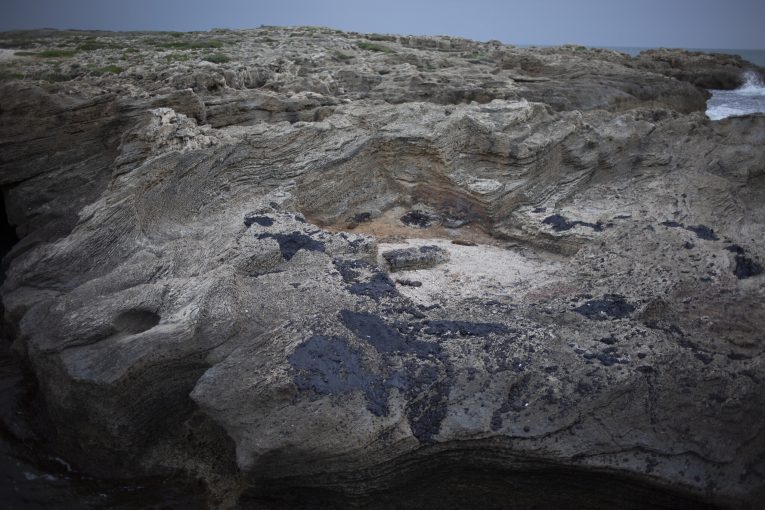

By Alexander Hernandez-Zavala
A recent oil spill that has ravaged the Israeli coast has swayed the local wildlife and ecosystem. The Guardian reported, “[p]ossibly 1,000 tonnes of tar has washed up,” the worst part is we don’t know the culprit responsible for this tremendous mistake.
The Wall Street Journal covered a statement made by Gila Gamliel, Israel’s Environmental Protection Service Minister, “We are continuing a complex international investigation to apprehend and severely punish those responsible.”
Then the question arises, what can we do to not only prevent disasters like these from happening but to effectively and efficiently clean up the aftermath?
My propositions include intuition, stricter scrutiny of the physical condition of vessels and more funding for environmental protection agencies. Now, this oil spill is one of the biggest in the Mediterranean; it’s even reached as far as Lebanon, according to Yahoo.
Given the gravity of the situation, the Israeli environmental protection agency has done a satisfactory job handling the situation with aid from the military and other nonprofit organizations helping to clean the shores.
Since oil spills are unpredictable and happen unexpectedly, we should bring a ‘better safe than sorry’ approach in tackling these kinds of scenarios by funneling more funding into our Environmental Protection Agencies. By doing so, damage to the local ecosystem and wildlife would be limited due to the greater resources EPA would give, including, maintaining and fixing any environmental collateral damage.
Preventing these sorts of events from happening in the first place would require intensive inspections of any cargo vessels or fueling rigs before leaving port. According to the National Oceanic and Atmospheric Administration (NOAA), oil spills can be a result of “equipment breaking down,” and a more extensive and strict inspection process would eliminate this factor.
There are some uncontrollable factors, such as the weather, which could cause some vessels to sink, resulting in subsequent oil spills. But with environmental agencies getting greater funding, responses to these situations would be effective.
Our oceans must be protected and valued above all else because it continues to do so much for us, from producing more than half of our oxygen supply to absorbing over 50 times more carbon dioxide than our atmosphere––playing a role in regulating climate, according to NOAA.
Whole ocean conservation is a necessity and strikes a chord with me. I’ve researched for the Monterey Bay Aquarium Research Institute (MBARI) and personally counted the number of sea anemones on the Monterey business wharf wall to see how climate change affects water levels through different seasons. Experiencing the ocean is a special feeling, so we need to be aware of the dire effects of oil spills and do our best to keep our oceans clean.

Alex Hernandez-Zavala is a first-year student at UC Davis, double majoring in Psychology and Sociology. He was born in the Central Valley and raised in Salinas, California.
Support our work – to become a sustaining at $5 – $10- $25 per month hit the link:
